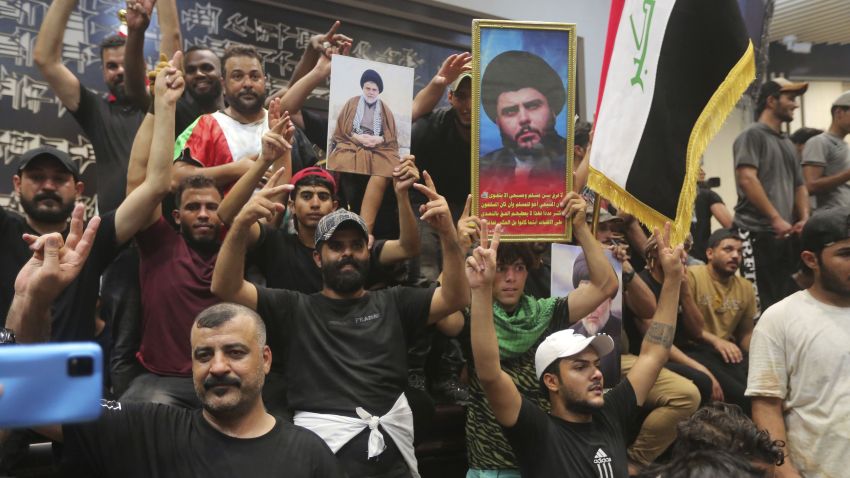During the past week, I’ve been riveted by two power struggles in the Middle East: one an overt, violent rivalry in Iraq and the other a quieter, but no less violent, contest in Lebanon. The two scenarios reveal the extent to which violence has become embedded in these countries’ rigid political systems, to the point that it arguably substitutes for democratic elections as the ultimate measure of the relative power of competing factions. In Iraq, this week’s political impasse shows just how dangerous it can be to litigate politics through displays of force. And Lebanon’s case is even more revealing, offering a view into how such violent litigation can end up congealing into a sustainable—if bloody—alternative to civic democracy.
Over the summer, in a rear-guard effort to expand my perspective, I’ve been trying to understand the broader causes of violence in the Middle East, seeking out useful parallels and common causes that could help me do so.
Lebanon is in the throes of a slow-burning showdown between, on one side, a civic accountability movement that has very little substantive power but commands the sympathy and support of a growing share of the country’s disaffected population, and on the other, a warlord class that governs with the disregard of movie villains.

